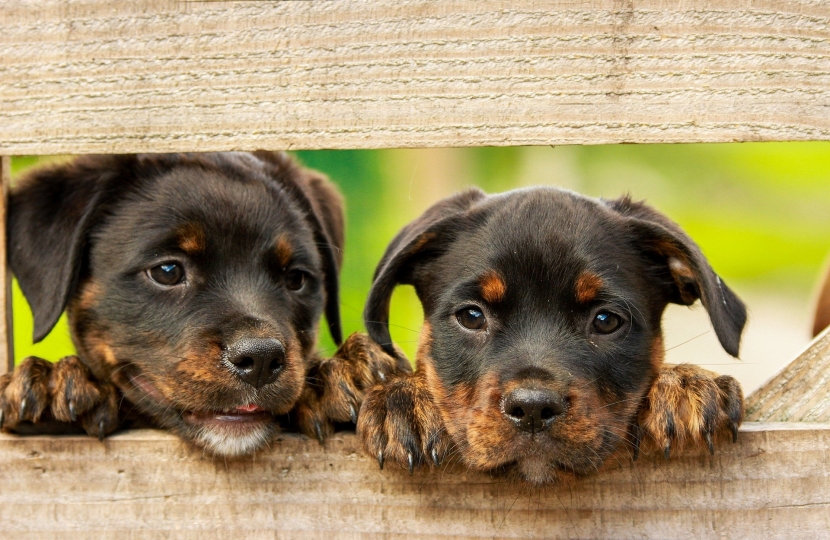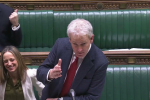
Many thanks to those who contacted me about the Animal Welfare (Kept Animals) Bill.
The UK has a long history of leading the way on animal welfare. I am pleased that now that we have left the EU, Ministers are committed to improving our already world-leading standards by delivering a series of ambitious reforms, outlined in the Action Plan for Animal Welfare. Building on the Action Plan, the Animal Welfare (Kept Animals) Bill will bring in some of the world’s highest and strongest protections for pets, livestock and kept wild animals. I look forward to supporting the Bill as it makes its way through Parliament.
Primates are highly intelligent animals with complex needs and require specialist care. I am pleased that through the Bill the Government will deliver on the manifesto commitment to introduce a ban on keeping them as pets, ensuring that all primates being kept privately in England are being kept at zoo-level standards and that ownership of primates at a level below these standards is phased out.
I also understand that live animals can endure excessively long journeys during export, causing distress and injury. EU rules prevented any changes to these journeys, but the UK Government is now free to pursue plans which would see a ban on the export of live animals for slaughter and fattening. This Bill will ensure that the UK is the first European country to end this practice.
I want to reassure you that I take the issue of illegal puppy imports very seriously. I am pleased that the Bill will introduce new powers to tackle the unethical trade of puppy smuggling by reducing the number of pets, including dogs, cats and ferrets, that can travel under pet travel rules. It will also provide powers for the Government to bring in further restrictions on the movement of pets on welfare grounds, and allow for enforcement measures to support these restrictions. Further restrictions could include an increase in the minimum age of imported puppies, as well as the prohibition of the import of pregnant dogs and dogs with mutilations such as cropped ears and tails.
In August 2021, the Government launched an eight-week consultation on proposed restrictions to the commercial and non-commercial movement of pets into Great Britain. I am aware that this consultation did not include proposals to increase the minimum age of kittens imported or non-commercially moved to six months or ban the import of heavily pregnant or declawed cats. I understand that this is because there is limited evidence of a significant illegal trade in cats or significant numbers of low welfare movements.
I understand that the estimate of 70,000 cats detailed in the Cats Protection’s ‘Cats and Their Stats’ report appears to be based on an estimate of the number of cats obtained between March 2020 and March 2021 and the proportion of individuals that reported in a survey that they had sourced a pet from abroad during the same period. I am aware that official Government statistics show that between March 2020 and March 2021, 27,601 cats entered the UK under the non-commercial rules and 8,511 cats entered under commercial rules.
Overall, the number of movements of cats into Great Britain is much lower than for dogs. I know that ministers are not seeing the same issues with young kittens and pregnant cats being imported. In 2020, for example, no pregnant cats and only 17 kittens under the age of 15 weeks) were seized and detained. I am assured that my ministerial colleagues are currently analysing the responses to the consultation.
I am glad that the Animal Welfare (Kept Animals) Bill has now passed Committee Stage in the House of Commons and will return to the House as soon as parliamentary time allows.
I will continue to monitor this issue. Thank you again for taking the time to contact me.




